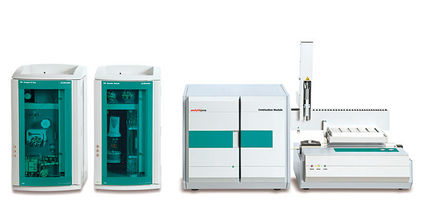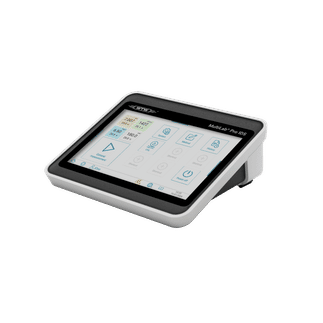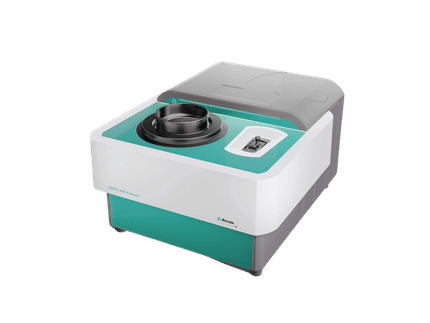To use all functions of this page, please activate cookies in your browser.
my.chemeurope.com
With an accout for my.chemeurope.com you can always see everything at a glance – and you can configure your own website and individual newsletter.
- My watch list
- My saved searches
- My saved topics
- My newsletter
Nurdle
A nurdle, also called a pre-production plastic pellet or plastic resin pellet, is a pellet typically under 5mm in diameter. Nurdles are a large contributor to marine debris and can cause starvation to marine wildlife, as well as other environmental hazards. Product highlightNurdles that escape from the plastic production process into waterways or oceans have become a significant source of ocean and beach pollution, frequently finding their way into the digestive tracts of various marine creatures. Nurdles are discussed in Alan Weisman's The World Without Us (Chapter 9: Polymers are Forever). In the passage, University of Plymouth marine biologist Richard Thompson is said to be guiding a visitor along the shore of the River Plym estuary and inviting that person to identify the various debris, the hardest to identify are described by Weisman as "...a couple dozen blue and green plastic cylinders about two millimeters high." In establishing their role as a pollutant, the passage continues: "They're called nurdles. They're the raw materials of plastic production. They melt these down to make all kinds of things." He walks a little further, then scoops up another handful. It contains more of the same plastic bits: pale blue ones, greens, reds, and tans. Each Handful he calculates; is about 20 percent plastic, and each holds at least 30 pellets. "You find these things on virtually every beach these days. Obviously they are from some factory." However, there is not plastic manufacturing anywhere nearby. The pellets have ridden some current over a great distance until they were deposited here - collected and sized by the wind and tide. Weisman also mentions the nurdles later in the chapter as he overviews the research done by Charles Moore on the pollution in the North Pacific Gyre. References
|
||
| This article is licensed under the GNU Free Documentation License. It uses material from the Wikipedia article "Nurdle". A list of authors is available in Wikipedia. |







